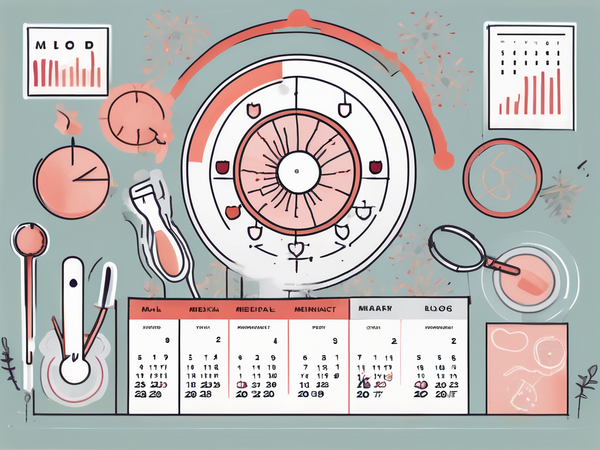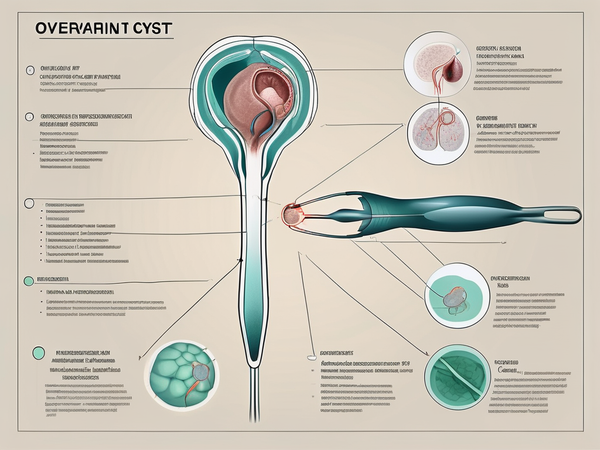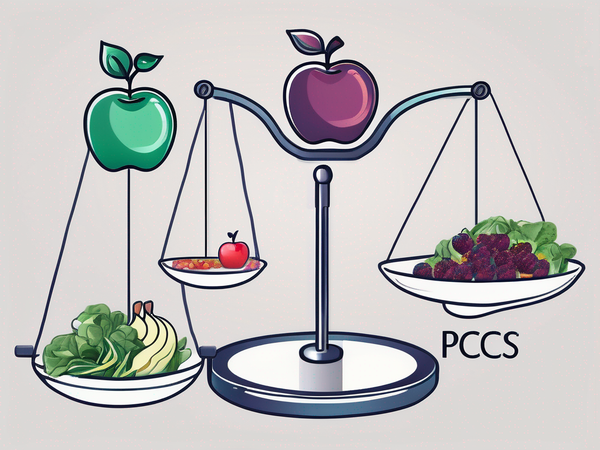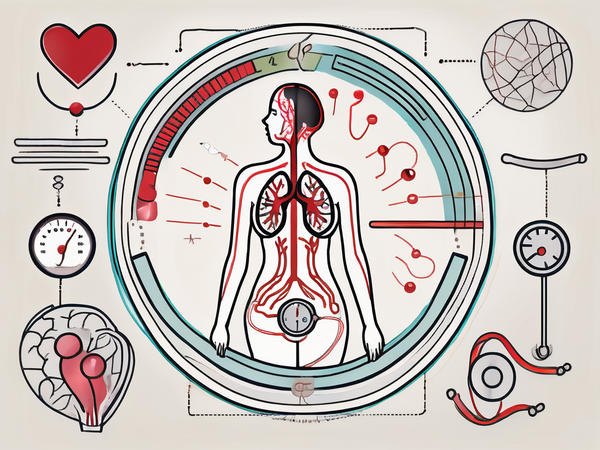Polycystic Ovary Syndrome (PCOS) is a complex hormonal disorder that affects many women worldwide. Among its many symptoms, PCOS can lead to weight gain, insulin resistance, and difficulty in managing blood sugar levels. While there is no cure for PCOS, adopting a healthy and balanced diet can play a crucial role in managing the condition and alleviating its symptoms.
Understanding PCOS and Its Dietary Implications
PCOS is characterized by hormonal imbalances, specifically involving insulin and androgens, which are the male hormones present in both men and women. These imbalances can lead to irregular menstrual cycles, the formation of cysts on the ovaries, and various other symptoms such as acne, excessive hair growth, and weight gain.
Furthermore, studies have indicated a potential link between PCOS and increased risk of developing type 2 diabetes, cardiovascular disease, and infertility. Therefore, managing PCOS through lifestyle interventions, including dietary modifications, is crucial for long-term health and well-being.
The Role of Diet in Managing PCOS
Research has shown that diet plays a significant role in managing PCOS. By making informed dietary choices, women with PCOS can improve their insulin sensitivity, regulate hormone levels, stabilize blood sugar levels, manage weight, reduce inflammation, and promote overall well-being.
In addition to diet, regular physical activity is also essential for women with PCOS. Exercise not only helps with weight management but also improves insulin sensitivity and cardiovascular health. Incorporating a combination of aerobic exercises, strength training, and flexibility exercises can have a positive impact on PCOS symptoms.
Why Certain Foods Can Worsen PCOS Symptoms
Women with PCOS need to be aware of the foods that can exacerbate their symptoms. By avoiding these foods, they can better manage their condition and enhance their quality of life. Let's explore some of these foods:
Identifying Foods to Avoid with PCOS
Fried Foods
Fried foods, such as french fries and fried chicken, are not only high in unhealthy fats but also promote inflammation in the body. This inflammation can worsen PCOS symptoms and contribute to insulin resistance.
Inflammatory Foods
Foods high in inflammation-promoting ingredients, such as trans fats and refined sugars, can exacerbate PCOS symptoms. Inflammatory foods include processed snacks, sugary desserts, and refined carbohydrates. These foods can disrupt hormone balance and increase insulin resistance.
Processed Snacks and Meats
Processed snacks and meats, such as chips, sausages, and deli meats, are often loaded with additives, preservatives, and excessive amounts of sodium. These ingredients can lead to weight gain, disrupt hormonal balance, and worsen PCOS symptoms.
Sugary Beverages
Sugary beverages, including sodas, fruit juices, and energy drinks, are packed with added sugars that can spike blood sugar levels. Consuming these drinks regularly can contribute to insulin resistance, weight gain, and hormone imbalances.
Alcohol
Alcohol consumption can negatively impact women with PCOS due to its effect on liver function and hormone balance. Alcohol can contribute to increased insulin resistance, disrupt sleep patterns, and promote weight gain—all of which can worsen PCOS symptoms.
Refined Flour
Refined flour, found in white bread, pastries, and many processed foods, has little nutritional value and can lead to rapid spikes in blood sugar levels. Including excessive amounts of refined flour in the diet can make it harder to manage PCOS symptoms.
Soy Products
Soy products, such as tofu and soy milk, contain phytoestrogens that can mimic estrogen in the body. For some women with PCOS, consuming excessive amounts of soy can disrupt hormonal balance and worsen symptoms.
White Rice
White rice, although a staple in many diets, has a high glycemic index, meaning it can cause rapid spikes in blood sugar levels. Including excessive amounts of white rice in the diet can contribute to insulin resistance and make managing PCOS symptoms more challenging.
While certain foods should be limited or avoided by individuals with PCOS, it's crucial to seek personalized dietary guidance from a healthcare professional or registered dietitian. Alongside avoiding problematic foods, incorporating nutrient-rich options like leafy greens, berries, lean proteins, and whole grains can support symptom management. These foods offer vital vitamins, minerals, and fiber while promoting stable blood sugar levels and hormonal balance.
Conclusion
While there is no one-size-fits-all approach when it comes to diet and PCOS, being mindful of the foods to avoid can greatly benefit women with this condition. Implementing dietary changes and seeking guidance from healthcare professionals or registered dietitians can empower women with PCOS to make informed choices and take control of their health.



























 DOWNLOAD NOW
DOWNLOAD NOW
